HBO announced Tuesday that it has signed Jon Stewart to a four-year deal. The former host of The Daily Show, HBO says, is to be focused on creating “short-form digital content” for the HBO Go and HBO Now streaming services, and will have a first-look agreement with the network for potential series and movie projects. It’s an aggressive move on the part of a network that’s lately been willing to experiment with form.
Fans of the Stewart era of The Daily Show might have hoped for a more decisive indication that the host will be returning to straightforward on-camera work. After all, his former fake-news costar John Oliver has become a full-fledged star in a weekly broadcast. But Stewart and HBO’s deal is the perfect marriage for a star whose previous act had run its course and a network figuring out its next steps. Ironically enough, it takes a media star minted in the pre-streaming era to make an investment in short-form content a low-risk proposition.
For Stewart, the move makes complete sense: By the end of his Daily Show run, Stewart had become clearly somewhat disenchanted with his mandate of covering the churn of politics at such length and with such frequency. (His hiatus from The Daily Show to try feature-film directing, after all, is what made a star of guest host Oliver.) His statement that producing The Daily Show “clearly broke me” doesn’t seem terribly far-off given the wearier tone of the later Daily Show, up to and including a final rant about “bulls–t.” But he can move away from the issues he doesn’t care about now, and on a more forgiving schedule: Stewart’s decision to pursue his interests in a manner less strictly-defined than 30 minutes each weeknight and potentially less tied to the news cycle may be the shot in the arm he needs.
But it’s HBO’s decision to pursue programming more experimental in form with a TV superstar that’s the real newsmaker here. HBO had been winning the pay-cable game for years on the back of a movie catalog and shows that were meant to drive subscriptions through the cable company, but they’ve had to adjust as streaming gained prominence. With the streaming service HBO Now newly available without a cable subscription, the company is able to pursue broadcasts that look less and less like traditional TV.
For instance, the importance of new HBO acquisition Sesame Street lies in large part in its value to parents educating (and quieting) their kids with Big Bird available to stream on-demand. Similarly, while little is known yet about long-range HBO projects like a daily Vice newscast and whatever they’re cooking up with former ESPN star Bill Simmons, they’re the sort of projects that fit less into an HBO past anchored by carefully curated Sunday-night lineup of marquee dramas than into a present where the viewer chooses whatever they like.
With the announcement that Stewart’s short-form videos will update several times a day, HBO has made its most aggressive push yet toward redefining themselves as something far more than a network. Like everyone else, they’re playing a volume game, trying to entice as many subscribers as they reasonably can. The primary difference between HBO and streaming-service competitors? With decades’ worth of Emmy wins and banked prestige, they have enough clout to ensure that the second act in a career as storied as Stewart’s won’t feel like a comedown. Even when you’re trying to make snackable online content for millennials, sometimes old-TV values still matter.
See Jon Stewart's Career Over the Years
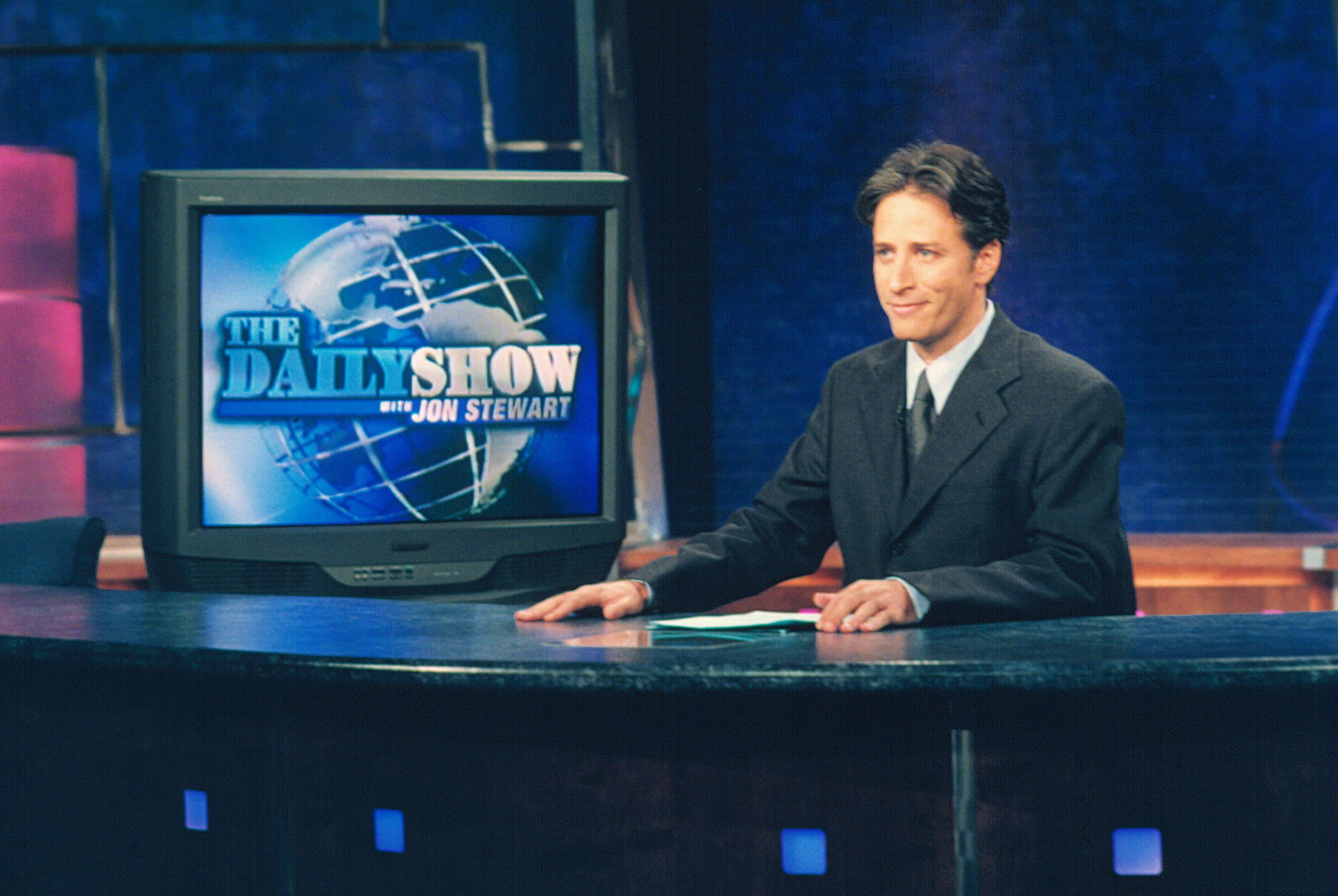
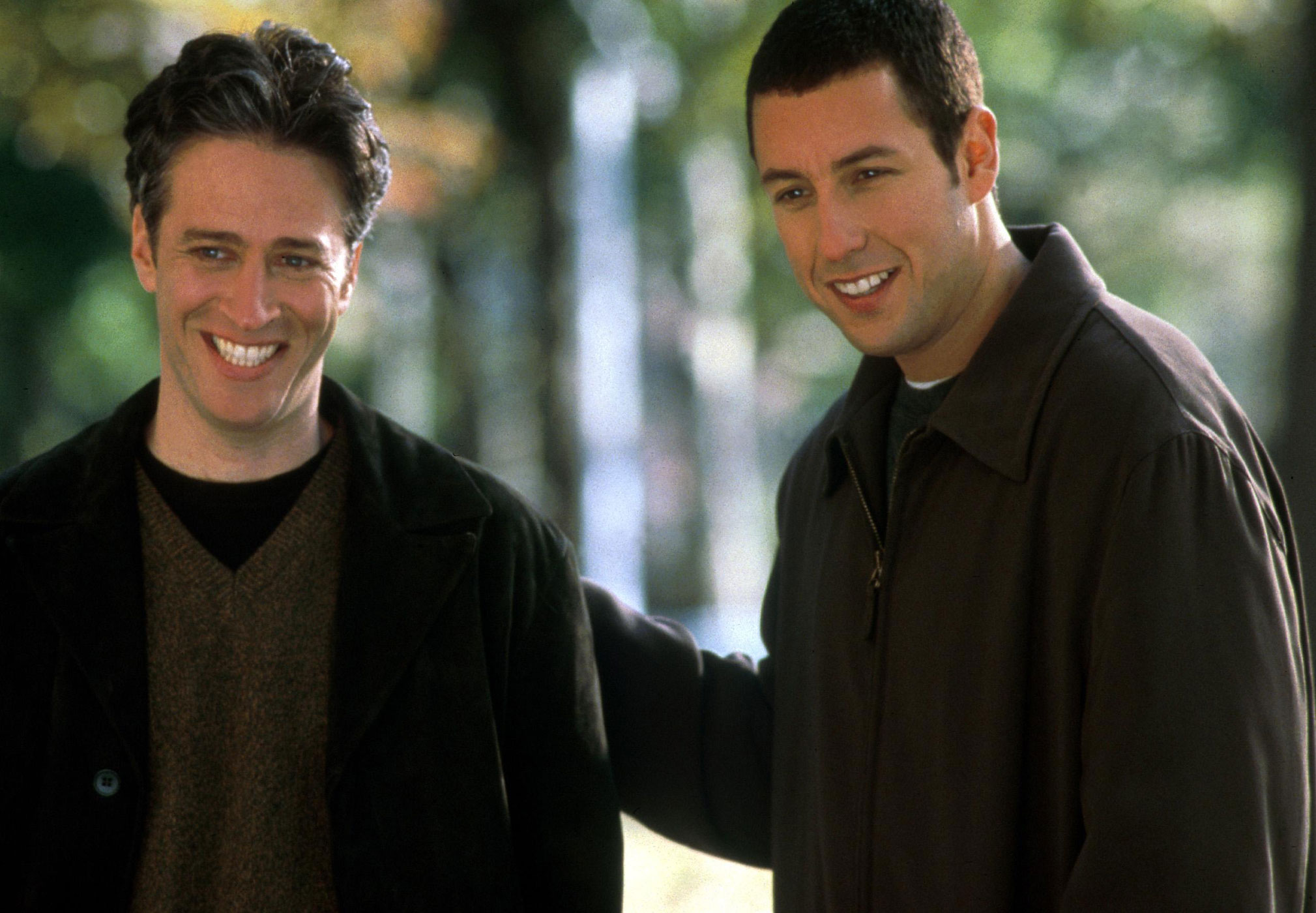
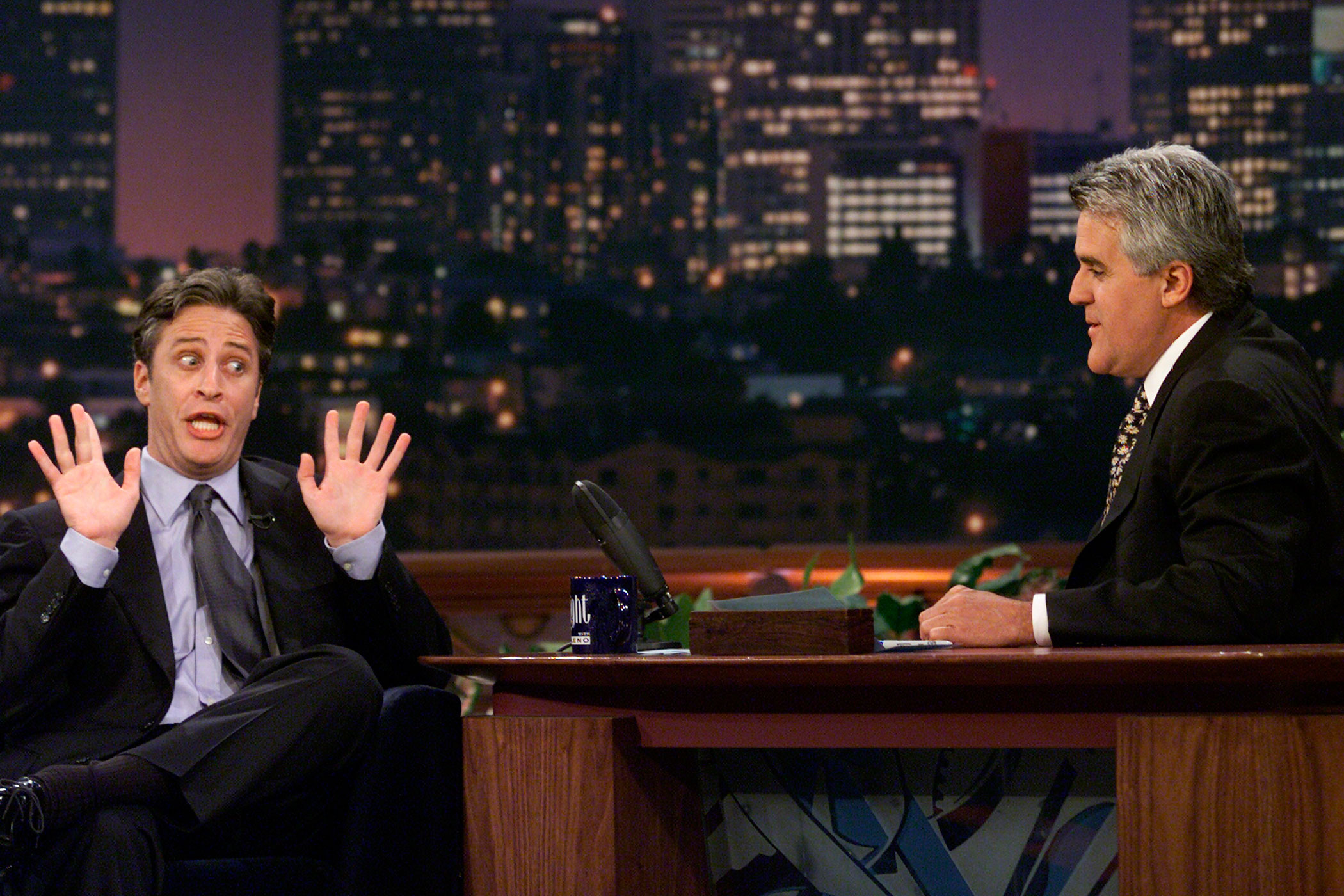
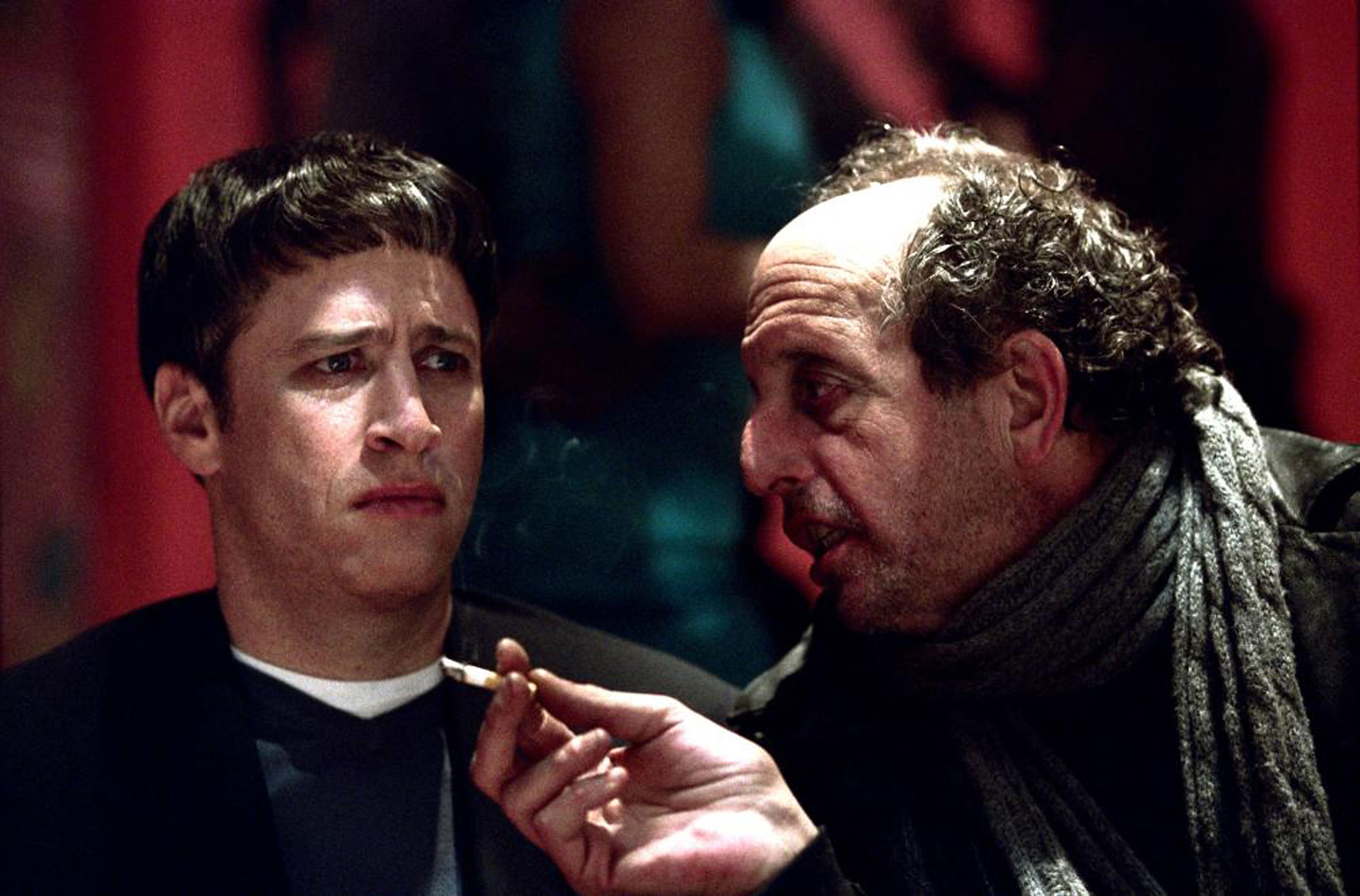
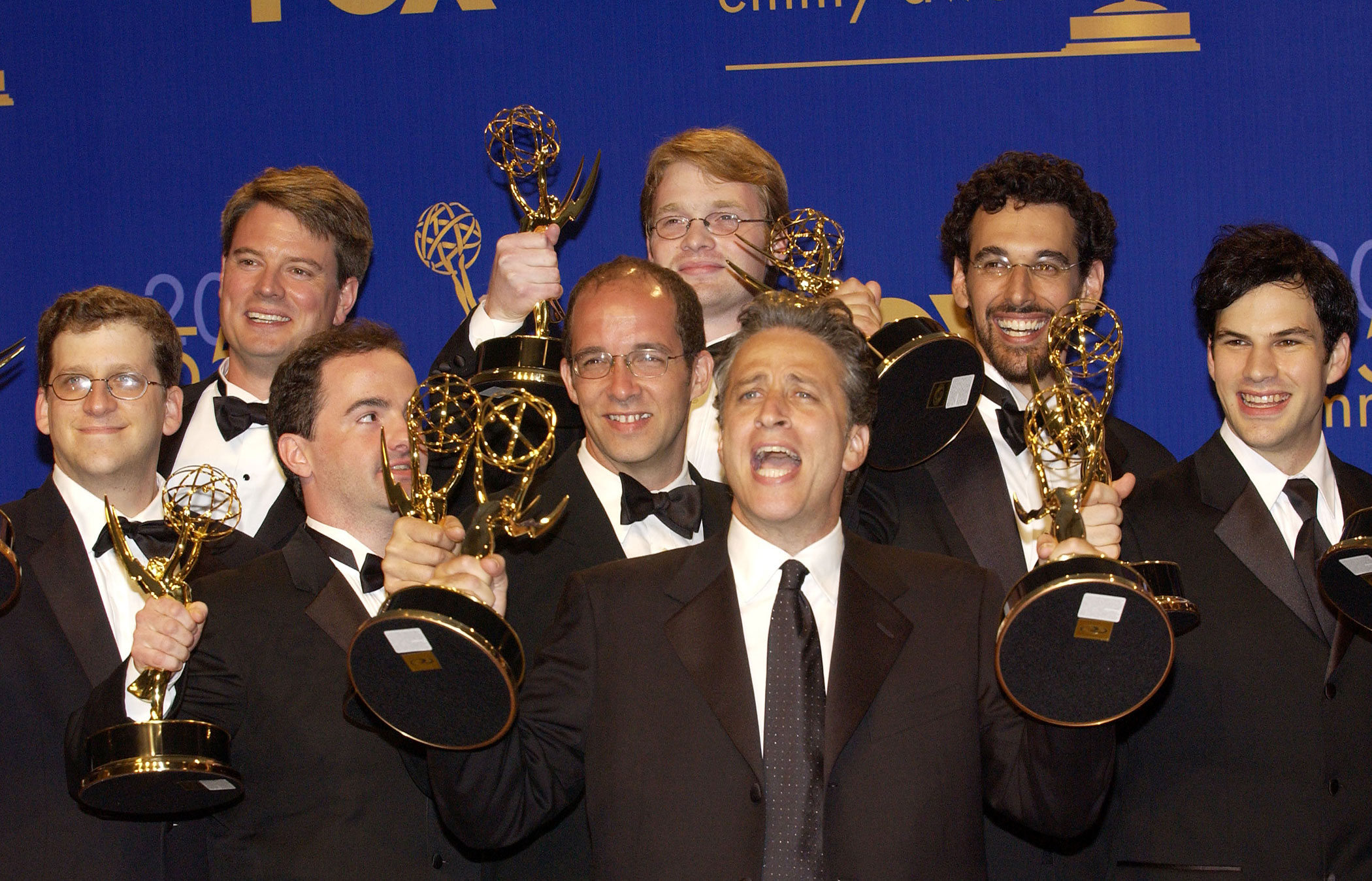
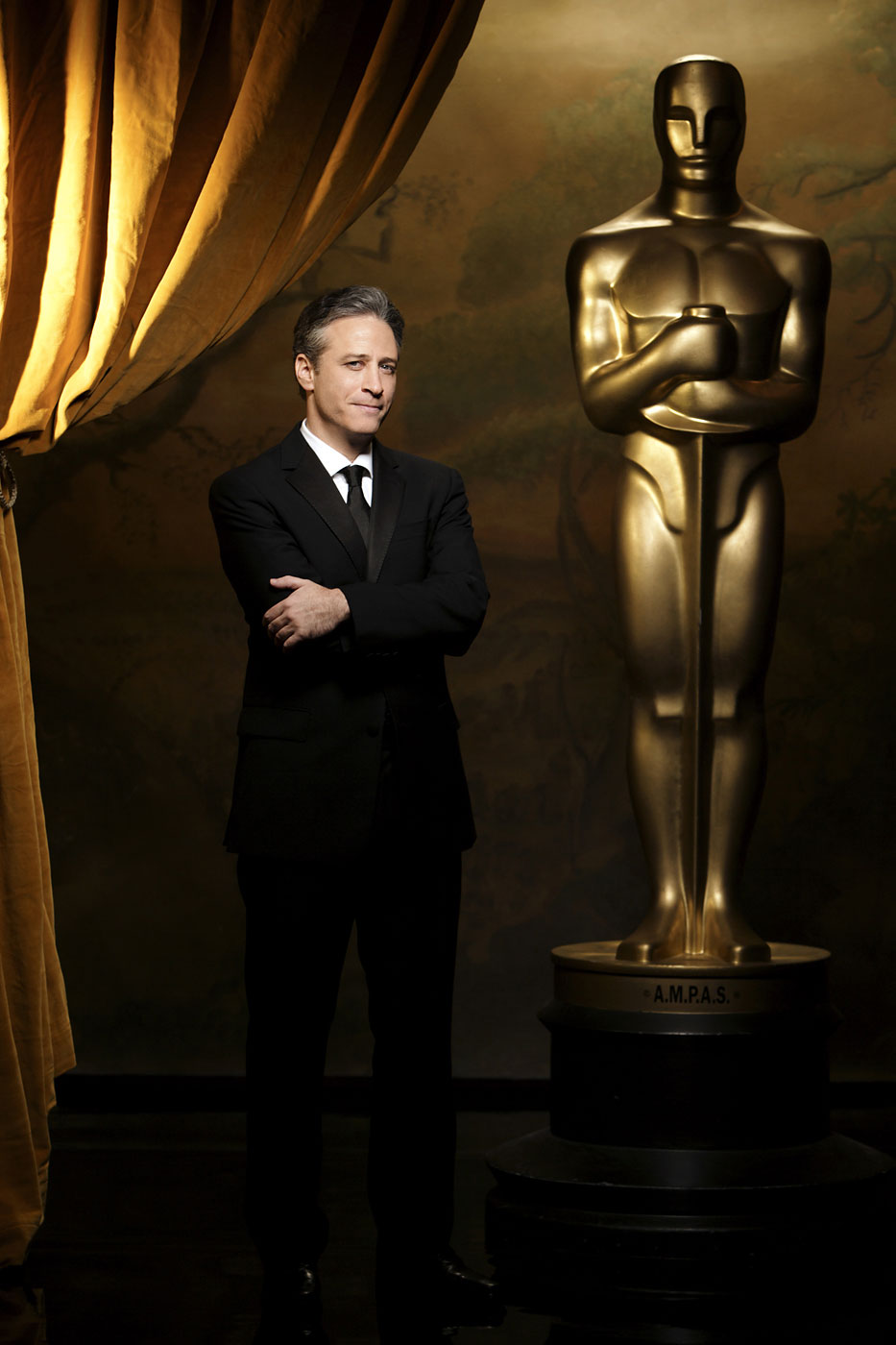
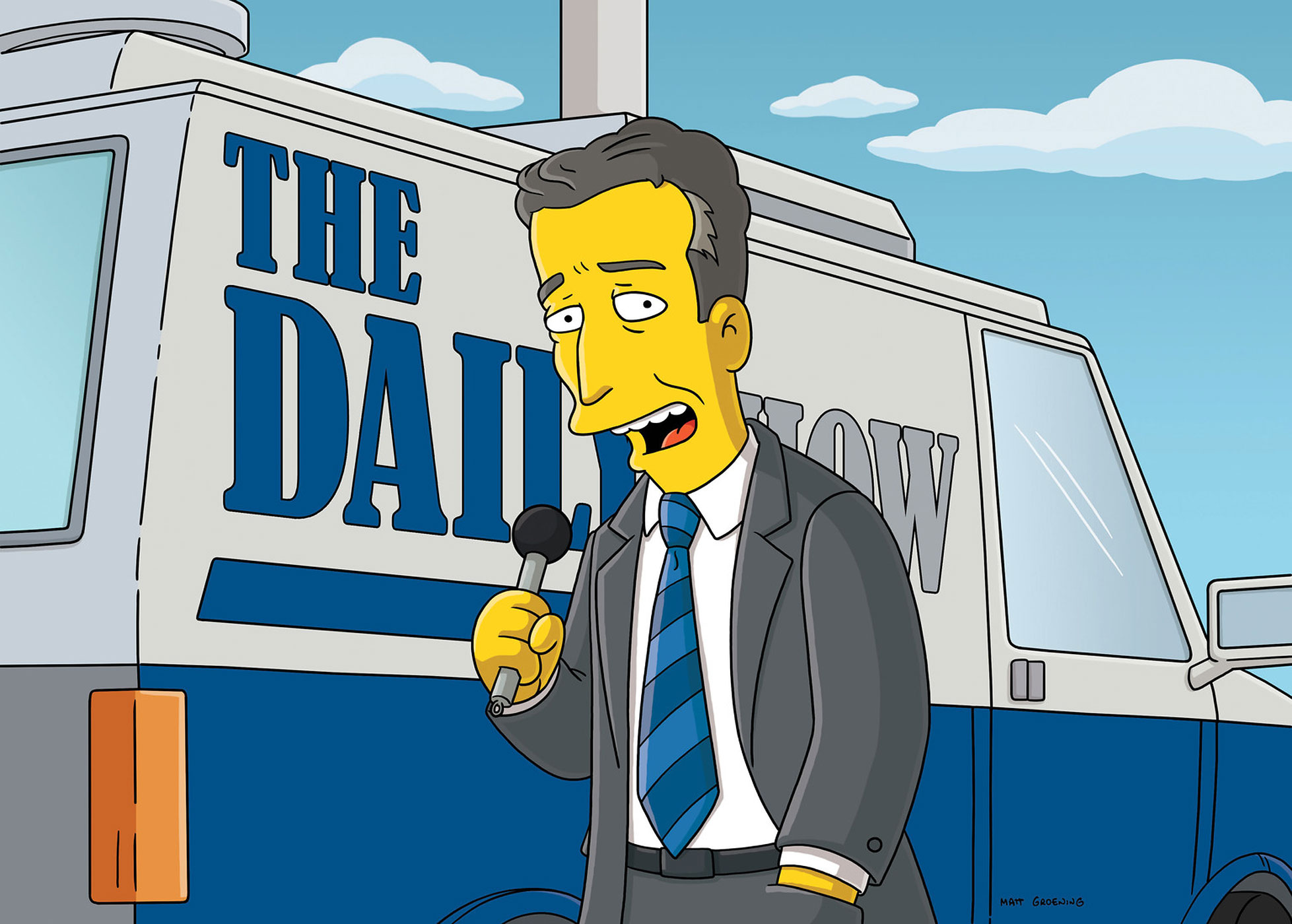

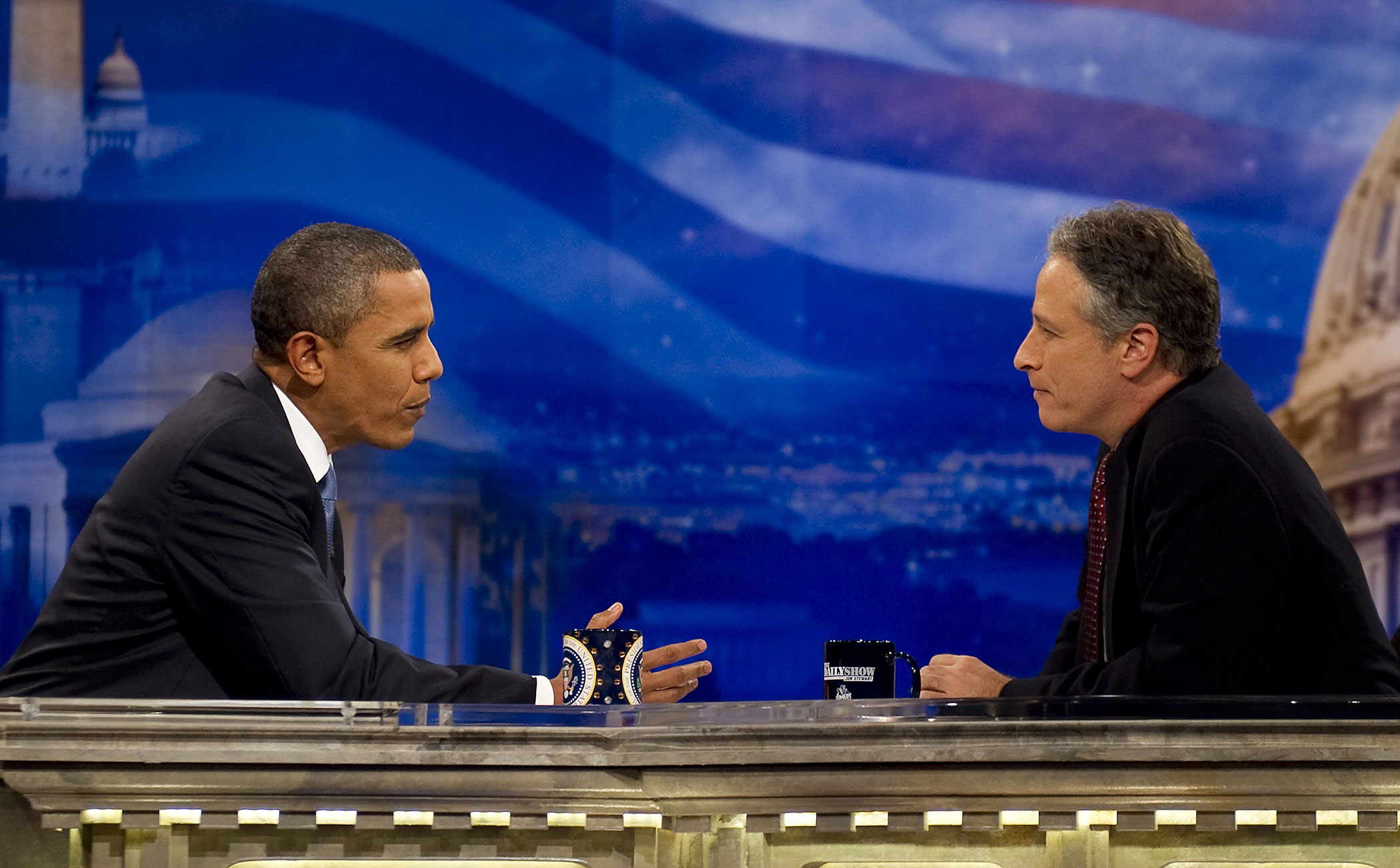

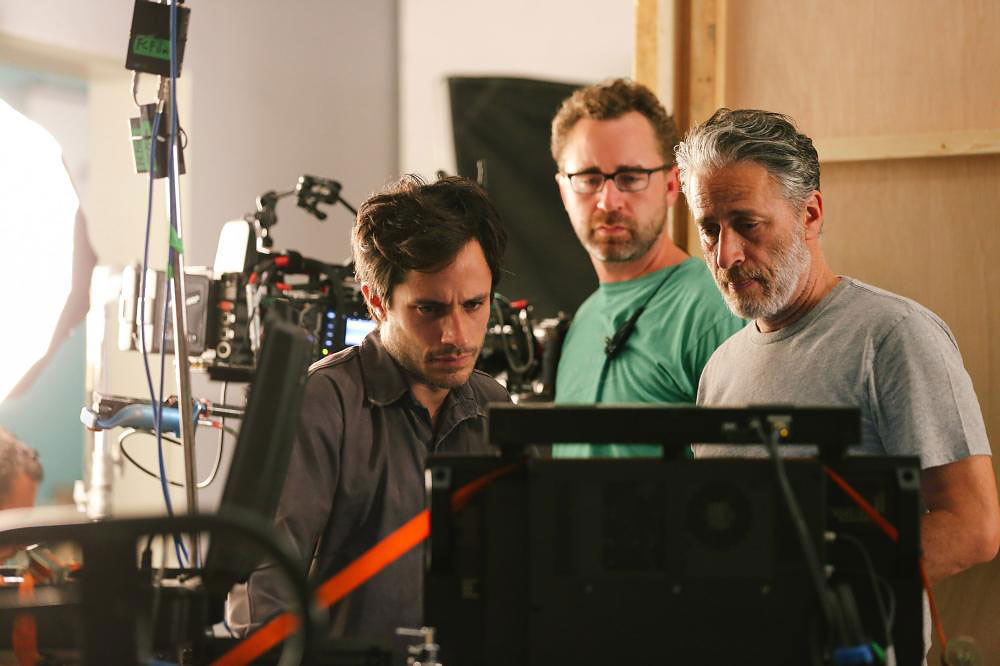
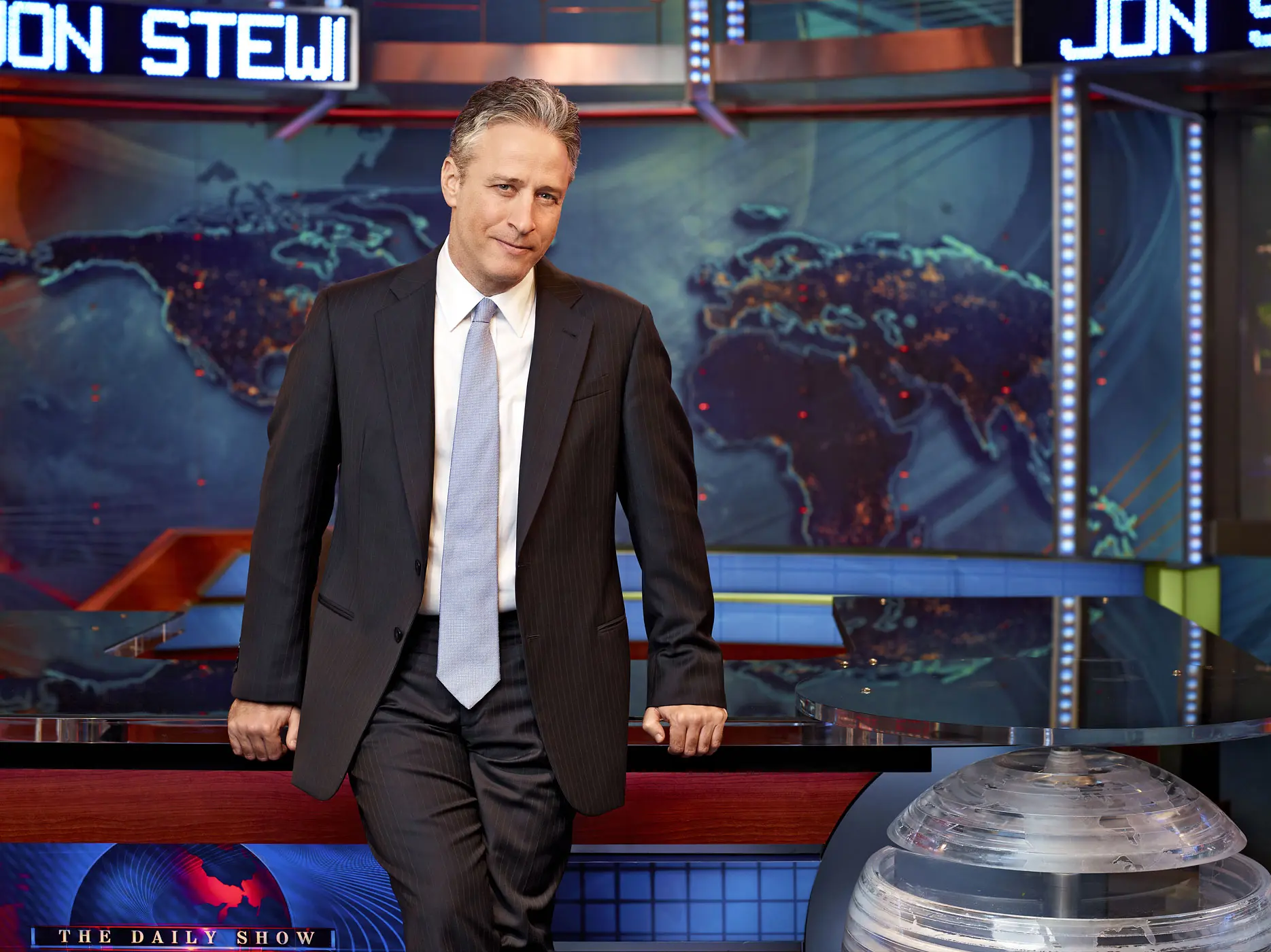
More Must-Reads from TIME
- Inside Elon Musk’s War on Washington
- Meet the 2025 Women of the Year
- Why Do More Young Adults Have Cancer?
- Colman Domingo Leads With Radical Love
- 11 New Books to Read in Februar
- How to Get Better at Doing Things Alone
- Cecily Strong on Goober the Clown
- Column: The Rise of America’s Broligarchy
Contact us at letters@time.com